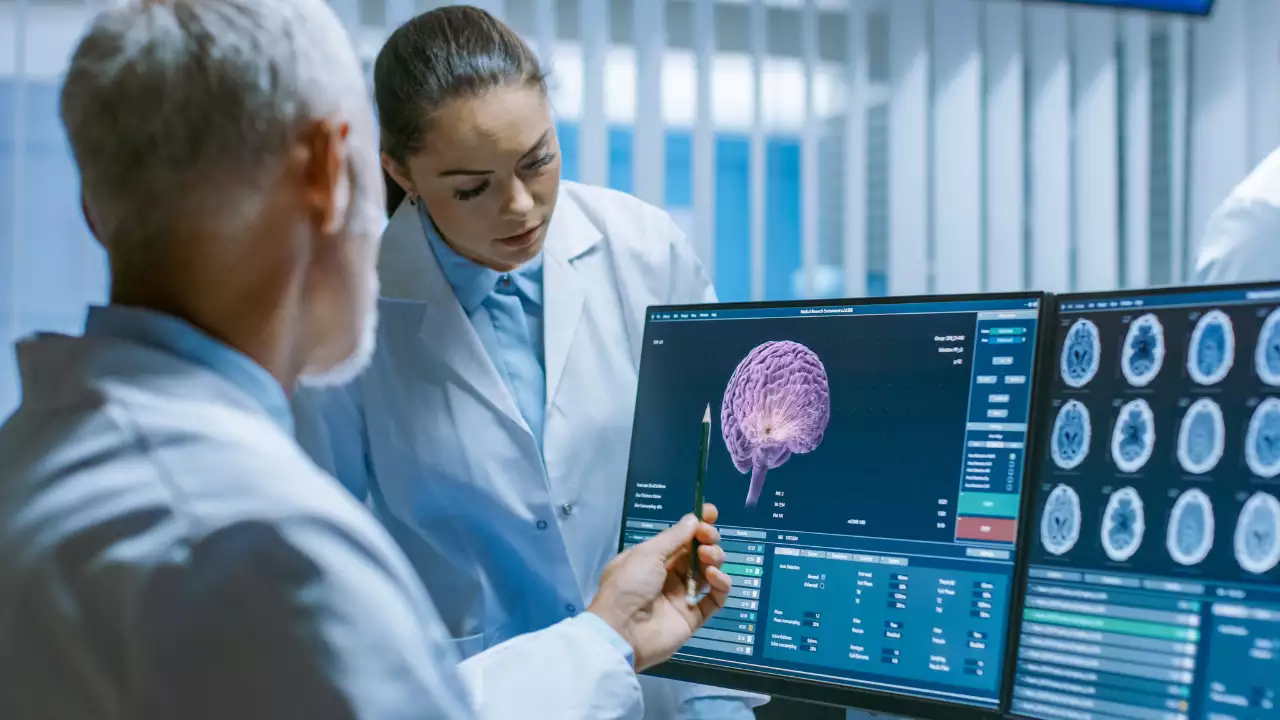Supriya Ramesh • 08 Dec 2024
How Cutting-Edge Treatments for Brain and Spine Disorders Are Transforming Lives

Image - Canva
When it comes to our brain and spine, even the smallest issues can have a significant impact on our daily lives. That’s where neurosurgery steps in, a field dedicated to the diagnosis, treatment, and management of neurological disorders, injuries, or diseases. Neurosurgery plays a crucial role in treating conditions of the brain, spine, and nervous system. These conditions can greatly affect a person’s quality of life, but thanks to advancements in medical science, treatments have become more effective and less invasive.
Dr. Nagesh Chandra, Senior Consultant and Head of Neurosurgery and Spine Surgery, Aakash Healthcare, New Delhi, explains that brain tumours are among the most common neurosurgical diseases. These tumours can be benign (non-cancerous) or malignant (cancerous) and may present symptoms such as headaches, seizures, balance problems, vision issues, nausea, fatigue, speech difficulties, behavioural abnormalities, and trouble moving one leg or arm. Depending on the tumour’s size, location, and impact on surrounding tissues, treatments include stereotactic radiosurgery (SRS), endoscopic brain surgery, and craniotomies.
Dr. Chandra further says that brain aneurysms are another serious condition. These are characterised by abnormal ballooning or bulging in the wall of a brain artery, with the potential to rupture and cause life-threatening bleeding. A sudden, severe headache is often a warning sign of a ruptured aneurysm. Effective treatments include surgical clipping, endovascular coiling, and flow diversion therapy.
When discussing spinal disorders, Dr. Chandra says that the spine is a complex system of muscles, bones, joints, ligaments, and discs that support the body and protect the spinal cord. Common treatments for spine issues include discectomy, which removes a portion of a herniated disc pressing on a nerve; laminectomy, which alleviates pressure on the spinal cord or nerves caused by spinal stenosis; and spinal fusion, which permanently joins two or more vertebrae to manage degeneration or instability.
Traumatic Brain Injury (TBI), caused by a sudden blow to the head, can impair brain function depending on the severity of the injury. Dr. Chandra explains that treatment may involve removing clotted blood to relieve pressure on the brain, repairing skull fractures, or addressing brain bleeding caused by trauma. Symptoms of TBI can vary widely, from mild to severe, but timely intervention is key to minimising complications.
“Neurosurgery is not only about treating life-threatening conditions but also about enhancing a patient’s overall well-being,” Dr. Chandra explains. “Conditions like brain tumours, aneurysms, and spinal disorders can be managed effectively with the right approach. Early diagnosis, combined with advances in minimally invasive techniques, ensures better outcomes and quicker recoveries.”
He further points out the importance of public awareness regarding neurological health. “Understanding symptoms and seeking timely medical advice can make a significant difference in the success of treatment,” he says. “With the continuous evolution of neurosurgical techniques, we can provide patients with a renewed sense of hope and improved quality of life.”
Get Latest News Live on Times Now along with Breaking News and Top Headlines from Health and around the world.